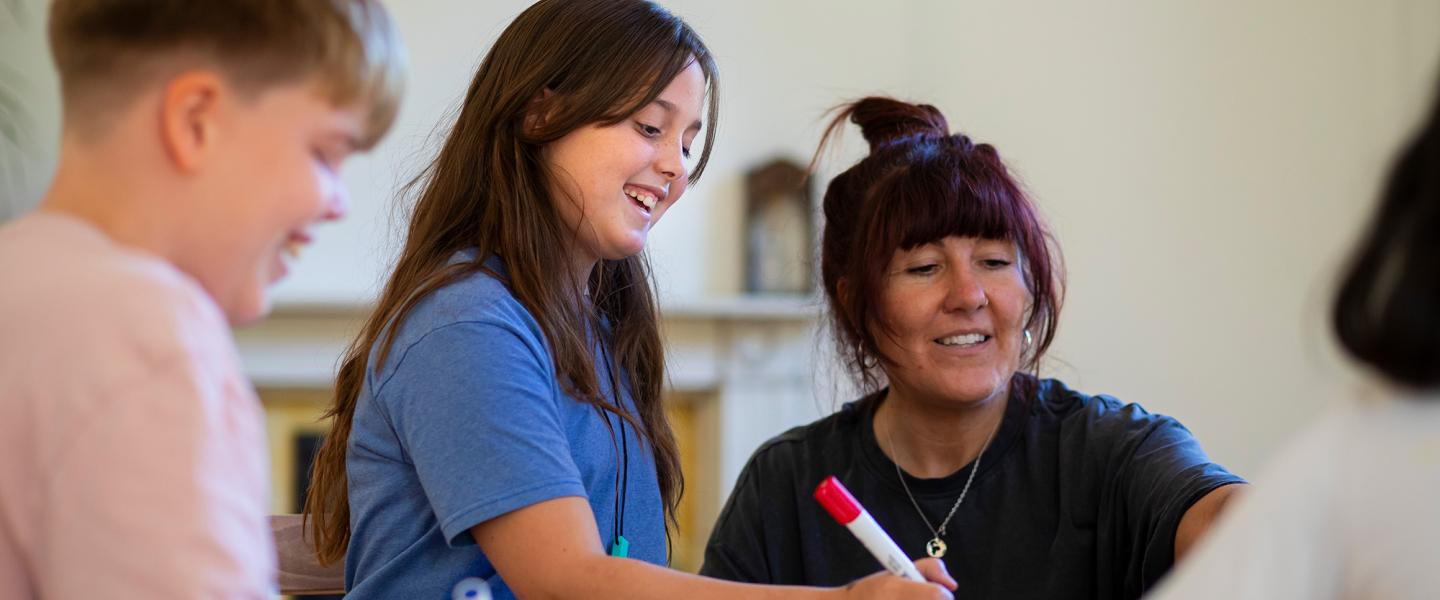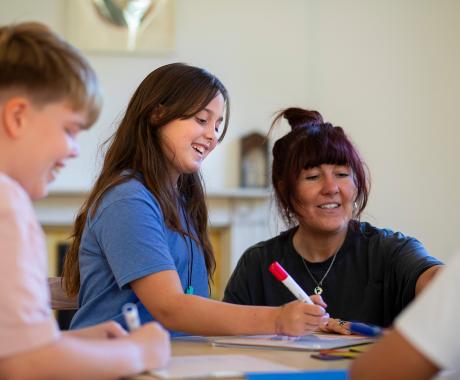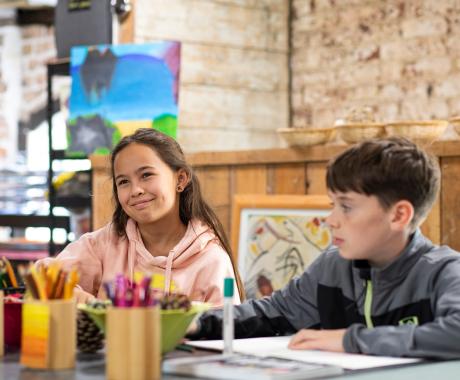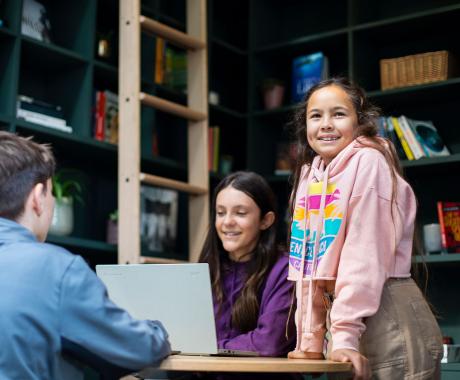Future of Jobs 2025: How Liberty Woodland School Is Preparing Children for a Rapidly Changing World
The latest Future of Jobs Report from the World Economic Forum offers a powerful snapshot of where we’re heading—and it’s both exhilarating and, at times, unsettling. The world of work is shifting fast, shaped by technological leaps, climate disruption, economic turbulence, and demographic change. The report estimates that by 2030, 78 million new jobs will emerge, but 92 million roles will disappear. Even more striking: nearly 40% of the skills we value today will be outdated within five years.
So how do we prepare our children for a world that’s evolving faster than we can predict? At Liberty Woodland School, this question is always at the front of our minds. We’re not interested in simply keeping up—we’re creating an education that helps children stay rooted, curious, and ready to adapt in a world that’s constantly moving.
One of the biggest forces shaping the future is technology—AI, robotics, and data are already transforming entire industries. But while many schools rush to integrate the latest devices, we’re more interested in how children relate to technology. At LWS, we weave digital literacy through our projects, especially as students move into our secondary phase. It’s here that they begin to explore emerging technologies in more depth, paired with ethical reflection and big questions: What role should AI play in our lives? Can technology help us solve human problems, or does it risk deepening them? But the roots of these conversations begin much earlier. Even in primary, we’re nurturing the kind of curiosity and critical thinking that helps children see technology not just as a tool, but as something to engage with thoughtfully and creatively. These aren’t questions for the future—they’re questions for right now.
Another huge shift is happening in response to climate change. Green skills are in growing demand, from renewable energy to environmental restoration. For us, this isn’t just a curriculum strand—it’s in our DNA. Every day, our students are immersed in nature, learning directly from the land. They lead re-wilding initiatives, track biodiversity, and share their learning through climate storytelling.
But we’re not just teaching sustainability—we’re living it. Our school design, our resources, even our daily systems reflect the values we want our children to carry forward. We use renewable energy, minimise waste, and build with intention. It’s about modelling the kind of future we want to be part of—one that is possible when we stop treating nature as something separate from ourselves.
While machines are getting smarter, the skills that truly matter remain human. The WEF report highlights things like empathy, creativity, resilience and leadership. These are the qualities we see shining every day in our forest classrooms and project spaces. When children have the freedom to lead their learning, when they collaborate on real-world challenges, when they are trusted to take risks and reflect deeply—that’s when these skills take root.
We also know that the future won’t be about mastering one profession for life—it will be about evolving, retraining, shifting direction. So we focus on metacognition: helping children understand how they learn, not just what they know. When children are deeply aware of themselves as learners, they can carry that confidence into any future path.
But there’s something else the report touches on that matters just as much: inclusion. As the job market changes, we risk widening existing gaps—unless we act with intention. Through the LWS Foundation, we’re working to make sure our model is not only pioneering, but accessible. We offer bursaries, run free camps for families who need support, and have plans to expand our outreach so more children can experience the power of nature-connected, purpose-driven education.
When I read reports like this one, I don’t feel disheartened—I feel energised. Because it confirms what we’ve known all along: education needs to evolve, and fast. But it doesn’t need to be dry or pressured or detached from life. It can be alive. It can be joyful. And it can prepare children not just to succeed in the world—but to shape it with courage, connection and care.



